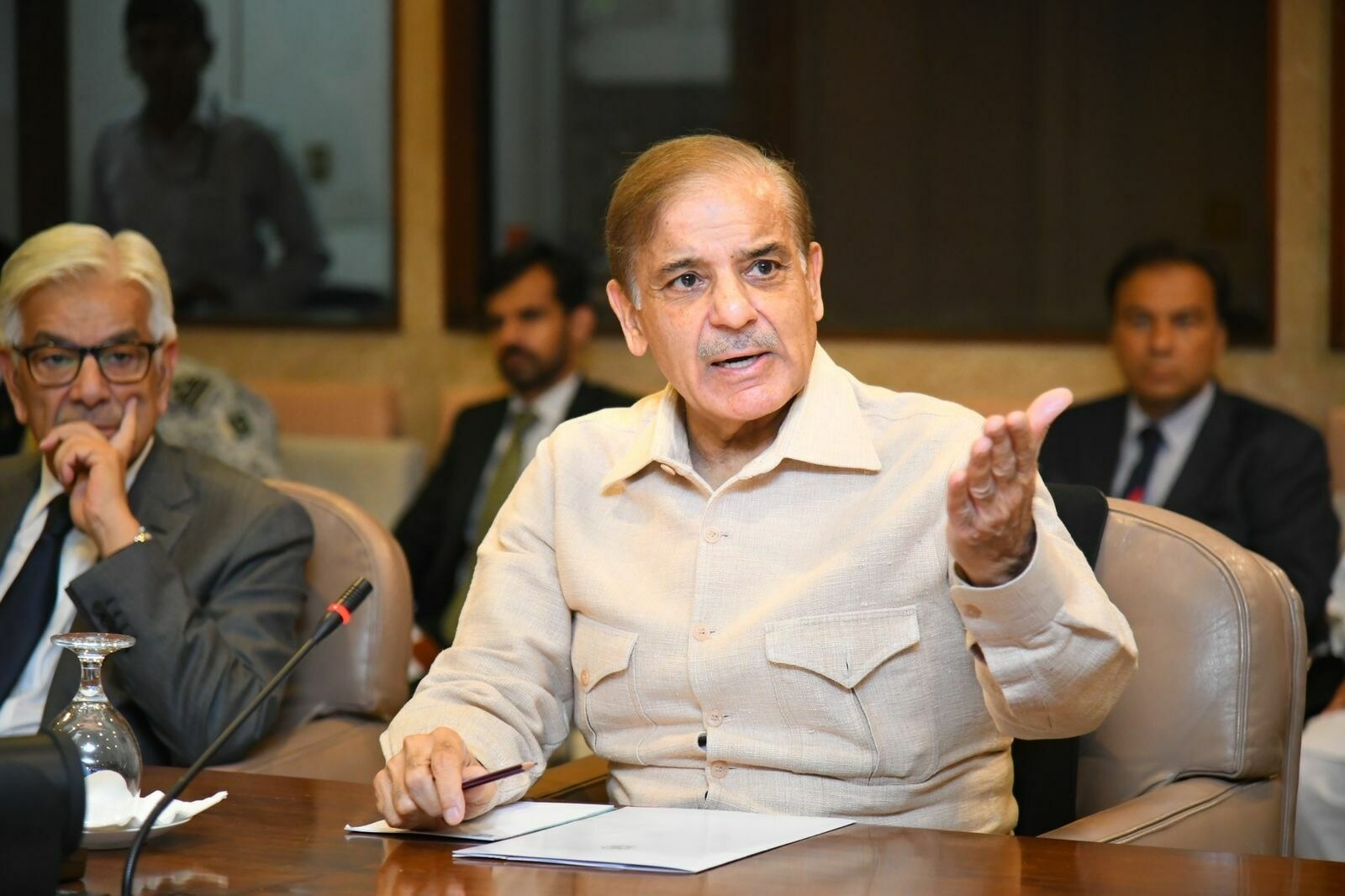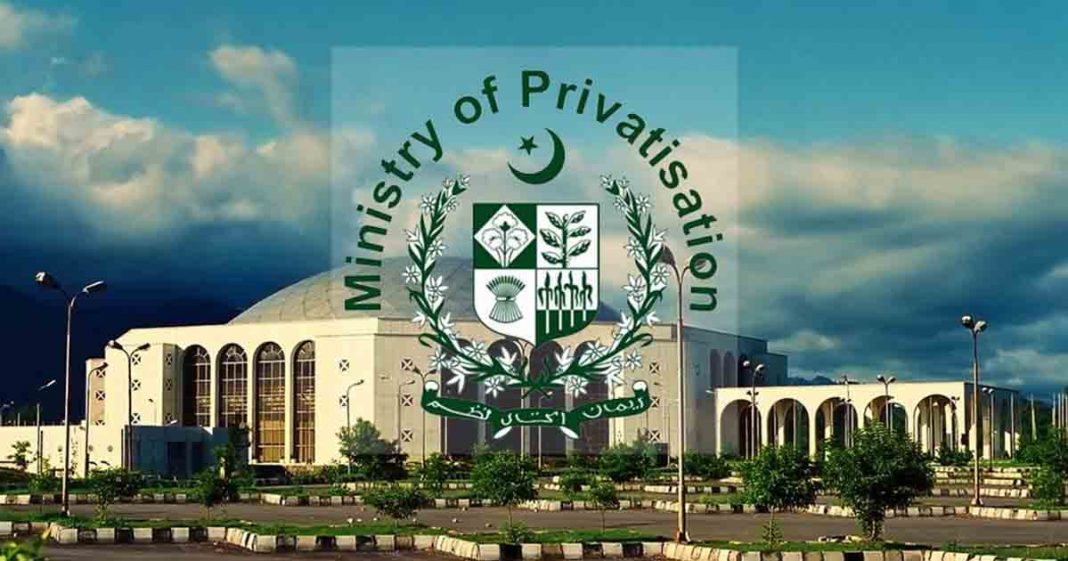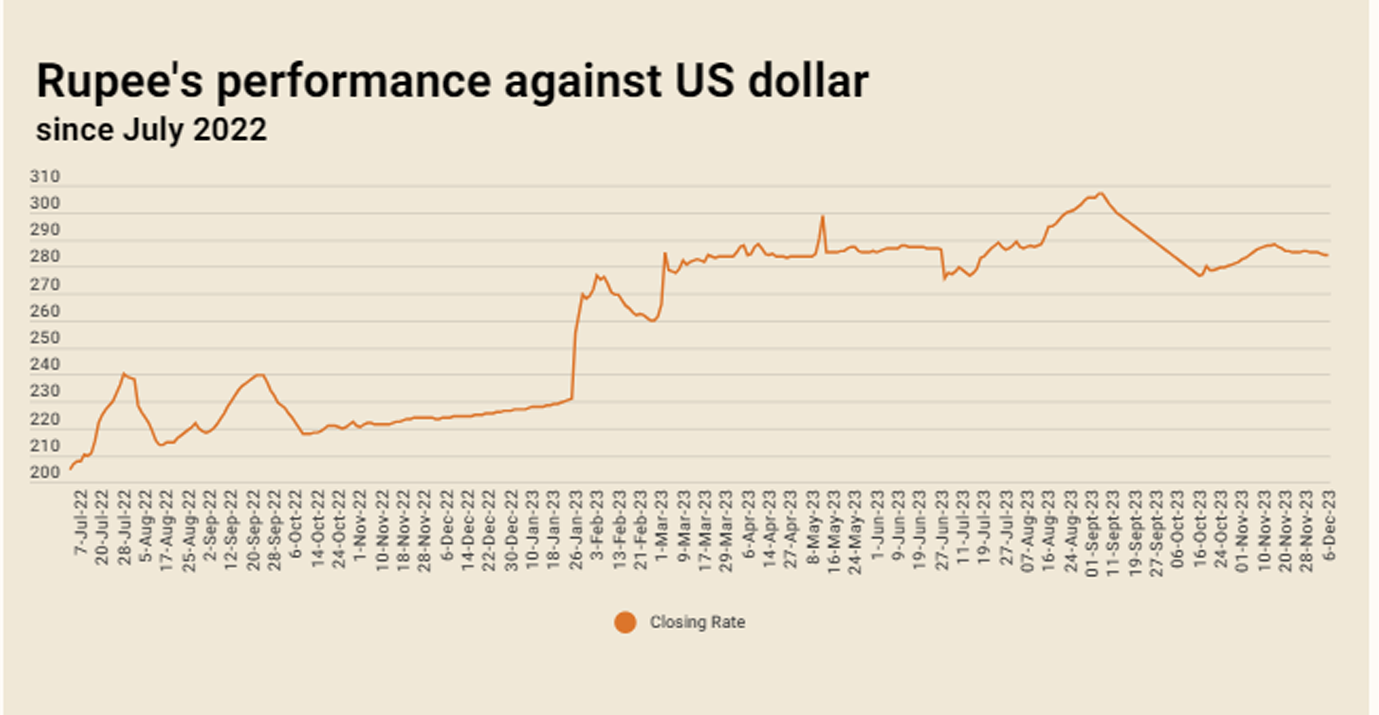PTBP Web Desk
Prime Minister Shehbaz Sharif expressed optimism on Monday over a significant economic milestone, highlighting a sharp decline in inflation to 4.9%, the lowest level in over six years. Chairing a federal cabinet meeting, the prime minister described this “record decline” as a step towards economic stability, which could pave the way for reductions in the State Bank of Pakistan’s (SBP) key policy rate.
According to the Pakistan Bureau of Statistics (PBS), the inflation rate dropped to 4.9% in November 2024, a substantial decrease from 7.2% in October. This marks the lowest year-on-year inflation rate in six-and-a-half years. Prime Minister Sharif expressed hope that this progress would lead to further relaxation in monetary policy, benefiting businesses and consumers alike.
“While inflation can sometimes serve as a mechanism to improve economic well-being, its rise disproportionately affects those living below the poverty line,” Sharif remarked. He stressed the importance of achieving economic stability as a precursor to fostering GDP growth, boosting exports, advancing industrial development, and creating employment opportunities.
The prime minister also pointed to a significant increase in revenue collection compared to the previous fiscal year. He attributed this improvement to enhanced enforcement measures implemented by the government.
Among the agenda items, the cabinet approved filing a review petition against a 2018 Supreme Court verdict that banned the sale, import, and export of monosodium glutamate (MSG), commonly known as Ajinomoto, across Pakistan. The decision followed recommendations from a special committee comprising experts from institutions such as the Pakistan Council of Scientific and Industrial Research (PCSIR) and the National University of Science and Technology (NUST). The committee’s findings concluded that MSG is safe for human consumption, prompting the government to seek a reversal of the earlier ban.
Referring to the recent political unrest triggered by a Pakistan Tehreek-e-Insaf (PTI) protest, Sharif noted its adverse effects on the Pakistan Stock Exchange (PSX). The market experienced a sharp decline of 3,000 points during the unrest but rebounded the following day as normalcy was restored in the capital.
Sharif also highlighted the government’s cautious approach in managing sugar exports. By carefully regulating exports, the administration aims to stabilize domestic prices while generating $500 million in foreign exchange. The prime minister commended the Pakistan Army for its efforts to combat smuggling along the Afghanistan border, which has significantly contributed to sugar price stabilization.
The federal cabinet approved several critical policy initiatives, including the National Prevention of Violent Extremism Policy 2024, proposed by the Interior Ministry under Mohsin Naqvi’s leadership. Additionally, the cabinet endorsed the establishment of the Islamabad Central Business District Development Authority to foster economic growth in the region.
In the realm of education, the cabinet approved the renewal of memoranda of understanding (MoUs) with prestigious international institutions, including the University of Cambridge, Peking University, and St Antony’s College at the University of Oxford. These agreements aim to strengthen Pakistan’s academic and research collaborations globally.
Furthermore, the cabinet approved amendments to the jurisdiction of special courts across multiple provinces in line with high court orders. These changes include adjustments to courts handling cases under the Lawyers’ Welfare and Protection Act 2023 and those addressing customs, taxation, and anti-smuggling issues.
The prime minister expressed satisfaction over the European Union Aviation Safety Agency’s (EASA) decision to lift its ban on Pakistan International Airlines (PIA). He emphasized that this development would positively impact PIA’s bidding process for international routes, enhancing the airline’s operational scope.
Prime Minister Sharif reiterated his vision of transitioning from economic stabilization to robust growth. “Our ultimate goal is to enhance GDP, increase exports, and ensure industrial development,” he stated. By focusing on long-term strategies, the government aims to create sustainable employment opportunities and improve the quality of life for citizens.




